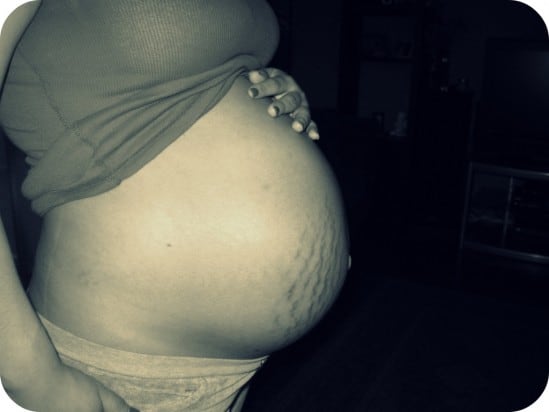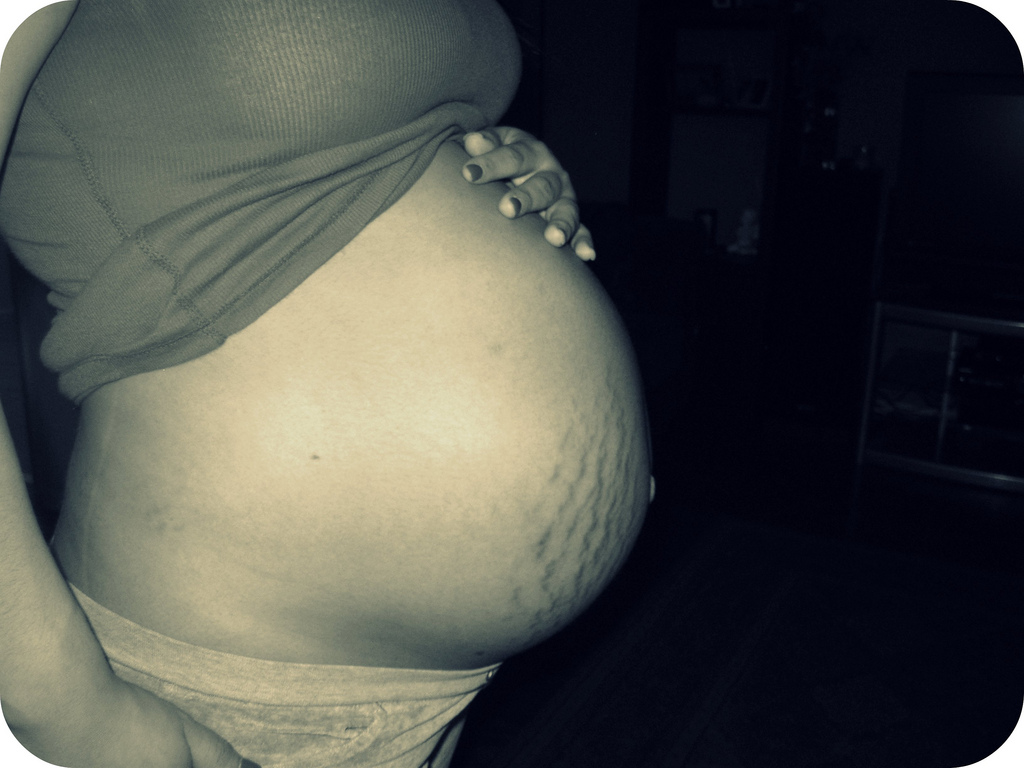A few weeks ago I got two lessons, one about a torn meniscus, another about pain. The first came from a friend of mine.
He’d been in pain for a few days, and – as pain tends to do – it tipped him off that something was wrong. A scan of his knee confirmed that all was not well. Yeeup, torn meniscus. I don’t know firsthand what it feels like to have the padding in my knee torn, and let me unequivocally state: I don’t want to. But anything wrong in that load-bearing knot of bone, muscle and nerves must be painful. I don’t even like looking at this picture of a healthy knee.
But when I saw my friend a few days before surgery, he was moving just fine. All better? Not exactly, he explained. In the week leading up to his knee surgery, the doctors had plied him with all sorts of painkillers to drown the pain.
“I feel fine as can be,” he explained, “but I know it’s still a mess down there.”
***
A week later, the second arrived while my sophomore students and I were talking about the creation stories in the Book of Genesis. Eve was in the midst of tasting the forbidden fruit, and God (so the story goes) was responding by punishing her and all women with the pain that accompanies child birth. I have one of the students read the passage aloud: “To the woman He said: I will intensify your toil in childbearing; in pain you shall bring forth children” (Gen 3:16).
And then one particularly astute student asks, “Why does God punish Eve with pain for having kids?”
Another student, a young woman, responds, “I think if men knew how painful childbirth was, they would never walk out on their kids. All that pain makes you know you’re real, and your kids are real.”
Wow, I thought. Out of the mouths of babes.
***
A lot of things can bring on pain. The physical pain of childbirth, or the body not bouncing back as quickly as it used to.
The pit-in-stomach pain of an overdue bill, upcoming tests, or strained relations.
The dull throbbing pain of losing a job or reputation.
The hollowed out pain of missing a loved one, or wondering if you’re doing with your life what you’re supposed to be doing.
We need not look for it. Pain, in all its subtle forms, finds us all too readily.
For better or worse, pain provokes us, tells us that something in us is already responding to life’s disturbances – be they subtle or strong; physical, mental, or spiritual. My friend Jack was glad to know that his knee needed attention. He was, in a way, grateful for the red flag that his body was sending up.
***
Which leads back to a provocative question: is all this pain bad? Is it good? Or just a fact of life?
By my lights, pain is good. Not good in a masochistic or misery-loves-company (read: Irish) sort of way, but I am actually am amazed, grateful even, that the human body and soul cry out when they need attention. Recognizing the pain, naming it, lets us recognize its effect on us. And it’s when we own that it’s affecting us that we can seek healing and support.
I’d also submit that pain is a fact of life. But, while it’s a part of our experience of being ourselves, pain is different than suffering. Suffering happens when we let pain define us, when we cling to pain as the truth of who we are. And suffering happens, oddly enough, when we just “grin and bear it,” acting as if life’s pains were not real or ought to be painted over.
Muscles don’t grow unless they’re stretched; wounds don’t heal unless they’re cleaned and tended to. Emotional pain forces us to face the reality of our limits and interdependence. As one wise friend quipped, it’s as if emotional pain leaves “stretch marks on the heart.” Babies are not born without considerable pain. Nor are they raised without pain.
And still the mothers I know love the fruits of their pain. They model love at its painful best for the rest of us – certainly for me as I make my way toward priesthood. Mothers bear the stretch marks of pain on their hearts and their bodies both. And still, definitely and definitively, they love its fruits.



